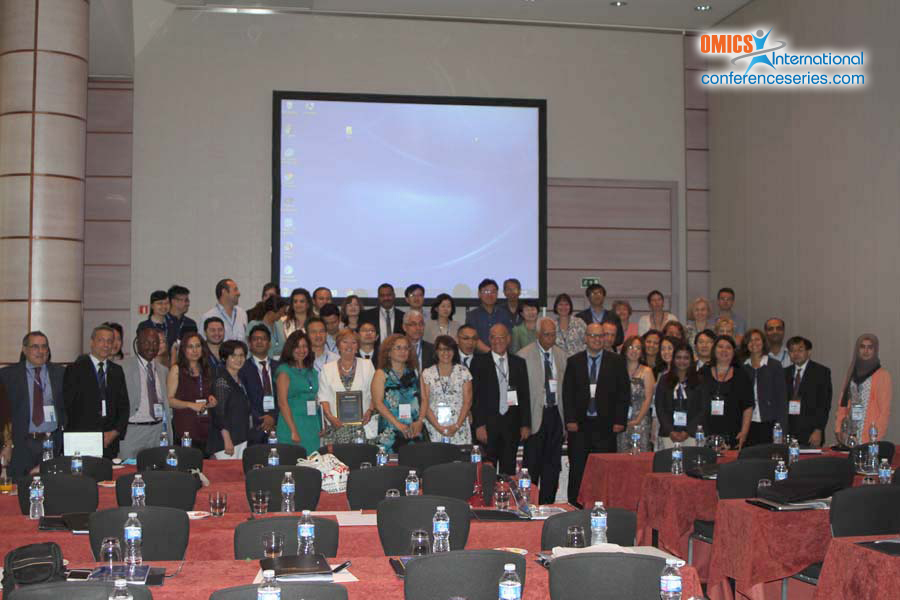
Ashraf El Metwally
King Saud bin Abdulaziz University for Health Sciences, Saudi Arabia
Title: Perception and attitude of physicians toward local generic medicines in Saudi Arabia: A questionnaire-based study
Biography
Biography: Ashraf El Metwally
Abstract
The local market of generic medicine share in Saudi Arabia is low compared to global and regional statistics. The reason for this low market share and the role of physicians has not previously been investigated. The aim of this study was to assess health practitioners’ level of perceived knowledge and attitudes about local generic medication and identify factors that influence infrequency of generic prescriptions. A random sample of 231 physicians was recruited from two hospitals in Riyadh; the response rate was 77%. Among the 178 physicians, 76% and 47% reported that they are knowledgeable about the terms “generic” and “bioequivalence” respectively, while 44% reported that they are able to explain bioequivalence to their patients. Around 52% of physicians reported that local generics should be substituted for brands if suitable for the case, and 21.9% reported that they believe SFDA approved local generics are therapeutically equivalent to their brands. Clinical effectiveness was reported by 71.9% of physicians as the most influential factor effecting prescription of brand over local generic medication. The 3 independent significant predictors for infrequent prescription of local generics were: government sector employment OR: 3.74 [95%CI 1.50–9.43], consultant level OR: 3.94 [95%CI 1.50–10.31] and low level of knowledge about local generics OR: 4.11[95%CI 1.56–10.84]. The low market share of local generics medicines attributed to low prescription rates is significantly more among senior-level physicians working in governmental hospitals. Low level of knowledge about generic drugs among physicians was the strongest predictive factor for low prescription. Future studies are needed to confirm these results.

